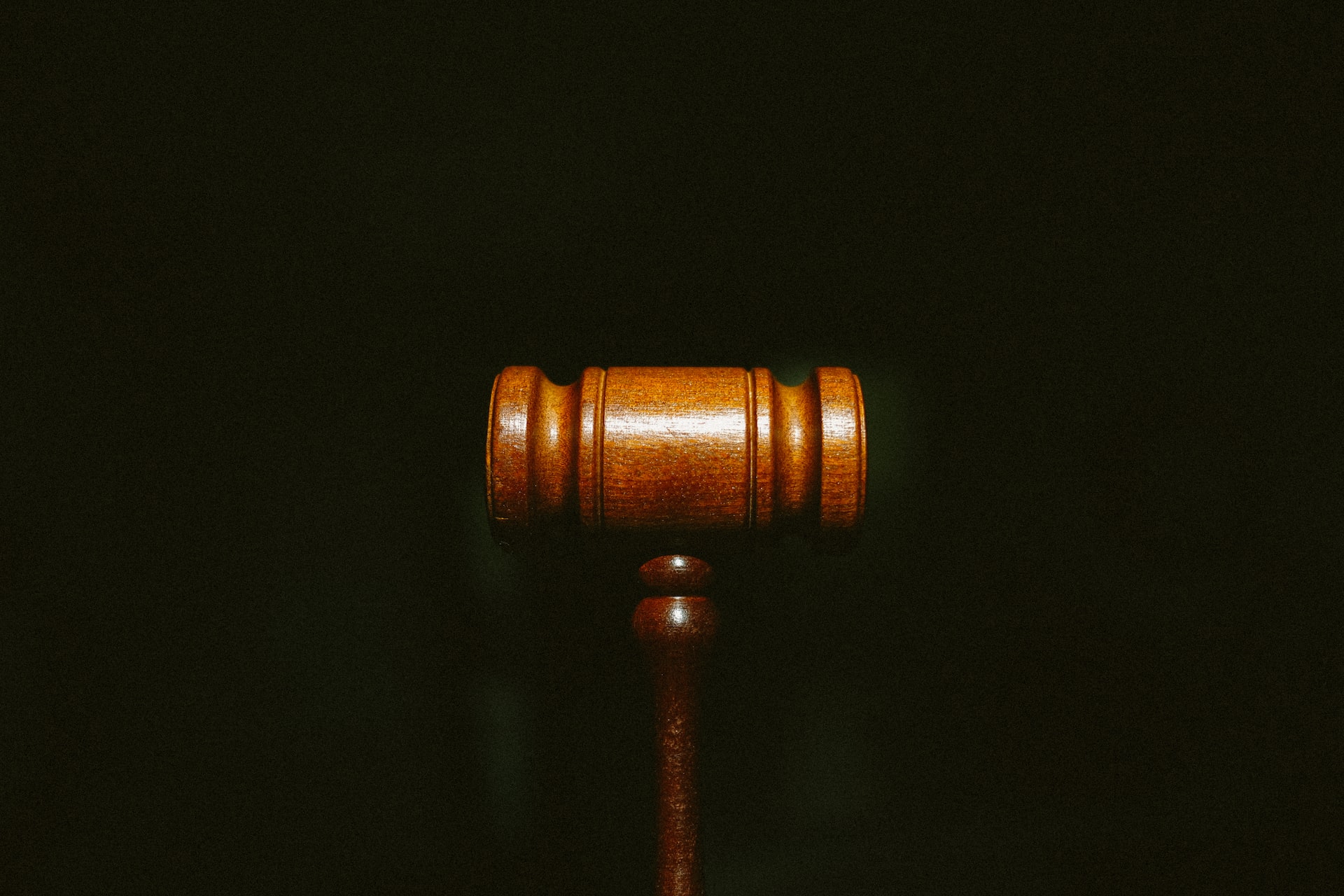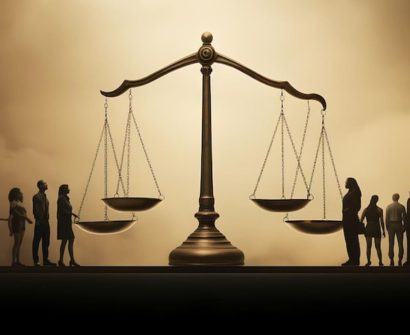
Whether spurred on by drugs, alcohol, or any other kind of drug, intoxication has the ability to significantly alter an individual’s conduct and ability to make choices. When determining criminal liability, the strategy of intoxication can often be taken into account in legal conditions. This problem is tackled under Section 86 of the Indian Penal Code (IPC), a provision that provides a framework to determine guilt in cases wherein an individual commits an offense when intoxicated.
Examining intoxication within Section 86 IPC shows the complicated connection that exists between the law, norms of society, and personal responsibility.
intoxication meaning
- In terms of the IPC, the strategy of intoxication is the state in which a person’s use of drugs or alcohol has an impact on their physical and mental well-being. It’s known as intoxication in general.
- They may not completely understand the repercussions of their acts and are unable to distinguish between right and wrong when under the influence. Their behaviour is difficult to regulate, and they could behave erratically.
- A blood alcohol content of more than 5.4-17.4 mmol/L is frequently used to characterize alcohol intoxication from a legal perspective. Continuously having a blood alcohol content higher than 0.80% is very risky and possibly lethal.
section 85 ipc: Involuntary Intoxication
- This section 85 ipc covers offenses where the victim is involuntarily intoxicated, which denotes that the drug was given against the victim’s consent or that the victim was unaware of the drug’s presence.
- This implies that either the drug should be delivered to him against his will or that he should be unaware that the drug is intoxicating.
- Either before or at the time of the offense, the offender should have been under the influence of alcohol.
- He shouldn’t be conscious of the repercussions of his actions, even if they are immoral or illegal.
Section 86 IPC: Voluntary Intoxication
- When someone uses drugs or alcohol and commits an offence requiring specific knowledge or intent, they are subject to the provisions of Section 86 of the Indian Penal Code (IPC).
- This Section 86 IPC says that unless the intoxicating substance was given to him against his will or without his knowledge, a person who commits an intoxicating act will be treated as though he had the same knowledge as if he had not been intoxicated.
- In other words as per section 86 ipc, an intoxicating act is not illegal unless it is committed with specific knowledge or intent.
intoxication: Essentials
Involuntary Intoxication:
- He has to carry out an action.
- They must be too drunk to understand the significance of the deed. Their ineptitude stems from their alcohol consumption.
- It is essential that the individuals were given the intoxicant without their consent or knowledge.
- The act must be committed while the inability is present.
Voluntary Intoxication:
- The presence of a specific understanding or intention.
- Influence of a drug that causes intoxication.
- Giving someone the intoxicating substance against their will or ignorance.
intoxication ipc: Difference between Section 85 and Section 86 of IPC
- There is a broad exception in Section 85 that states that an intoxicated individual who commits an offense won’t be prosecuted.
- However, Section 86 adds a qualifier to the exception provided by Section 85 of the IPC, stating that an individual who is wilfully inebriated may only be prosecuted for an offense if specific knowledge is established.
public intoxication
- Section 510 of the Indian Penal Code deals with intoxication-related misbehaviour in public areas. The clause says that anyone who shows up in public while intoxicated and acts in a way that bothers other people, whether it be in an area where it is considered trespassing, may face consequences.
charges for public intoxication
- Any person found to be intoxicated and found to be conducting themselves in a way that is annoying to others in public or places where it is against the law for him to enter will be punished with either simple imprisonment for a maximum of twenty-four hours or a fine of up to ten rupees, or both.
intoxication ipc: Case Rulings
- In the case of Shankar J v State of West Bengal, while intoxicated, the defendant started verbally abusing the victim. The victim was fatally stabbed seven times by the accused after the victim begged him to quit, which infuriated him. The accused then asserted that alcohol had an impact on his behaviour. In response to his defense, the court declared that intoxication did not absolve someone of murderous intent.
- In the case of Venkappa v State of Karnataka, when his wife refused to take the settlement money granted in their deceased son’s name, the accused grew enraged. The accused killed his wife by setting her on fire when he was intoxicated. The accused asserted the IPC’s drunkenness defense. But the judge turned down his plea, pointing out that he had chosen to become intoxicated.
One could argue that intoxication does not constitute an especially strong defense, and even if it lessens the severity of a sentence, it cannot absolve a person of responsibility.
Section 86 IPC FAQs
- What are the essentials of Section 86 IPC?
In plain language, Section 86 of the IPC states that an individual will be held accountable as though he had the same knowledge or intent as he would have possessed if he had not been intoxicated if he commits an act while intoxicated that is not considered an offense unless done with specific intent or knowledge.
- What is the general exception of intoxication?
In general, certain circumstances, such intoxication, insanity, consent, etc., shield a person from criminal responsibility. It is the accused’s responsibility to provide evidence of the exception.
- What are the essentials of intoxication?
When a person uses drugs or alcohol to the extent that it affects their mood and abilities, they get intoxicated. Walking difficulties, confusion, and slurred speech are examples of mental or physical disabilities. Additionally, blood tests and Breathalyzers can identify intoxication.
- What is the difference between section 85 and 86 of IPC?
Section 85 IPC offers a broad exemption, saying that a person who commits a crime while involuntarily drunk will not be prosecuted. On the other hand, crimes committed while under the influence of alcohol are covered under Section 86 of the IPC.
- What is an example of intoxication?
When someone drinks from a punch bowl that has been tainted with alcohol, it may be an involuntary action. An inebriated person will start to exhibit symptoms of a changed mental and physical state. They might start to stammer or waver, exhibit unexpected aggressiveness or personality changes, or start to slur their speech.
- What is the defense of intoxication under IPC?
According to Section 85 of the IPC, the accused must demonstrate that their intoxication was caused by circumstances beyond their control, that it prevented them from understanding the nature of their actions, and that their actions were unlawful or immoral.
- Which Online rjs coaching is best for RJS preparation?
The reputable Jaipur Online rjs coaching program “Jyoti Judiciary Coaching” aids students in getting ready for the RJS exam. A systematic approach to RJS test preparation is made possible by Jyoti Judiciary, the top offline and online RJS coaching program in Jaipur. Their curriculum has been carefully designed to cover all the subjects and courses required for passing the Rajasthan Judicial Service Examinations.
- Which coaching is best for judiciary?
The most effective judiciary coaching in Jaipur is provided by Jyoti Judiciary Coaching. The objective is to create a comfortable learning environment for the students. It makes the difficult task seem easy, which increases the likelihood of achieving the desired outcome. The objective at Jyoti Judiciary is to give students the best possible education possible. The Institute pledges to use every resource at its disposal to provide you with the finest preparation for the Judicial Services entrance examinations.
With the goal of giving students the best coaching available for law entrance exams including the CLAT, AILET, and various other numerous state judiciary exams, Jyoti Judiciary Coaching, India’s Finest educational Platform, was established. Come enrol now with Jyoti Judiciary!
For any latest news, legal topics, judiciary exams notifications, patterns, etc watch Jyoti Judiciary’s YouTube channel for legal videos for any updates at https://youtube.com/@jyotijudiciarycoaching4852?si=2cwubh9d2A9urwJf










